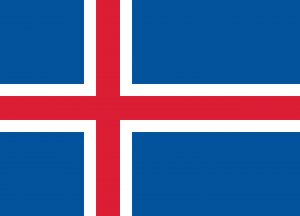Difference between revisions of "Language/Icelandic/Grammar/Articles"
Jump to navigation
Jump to search
m (Quick edit) |
|||
| Line 27: | Line 27: | ||
Book: Learn to Speak Icelandic: without even trying, Stephen Hernandez'' | Book: Learn to Speak Icelandic: without even trying, Stephen Hernandez'' | ||
==Related Lessons== | |||
* [[Language/Icelandic/Grammar/Possession|Possession]] | |||
* [[Language/Icelandic/Grammar/Adjectives|Adjectives]] | |||
* [[Language/Icelandic/Grammar/Definite-Article|Definite Article]] | |||
* [[Language/Icelandic/Grammar/Gender|Gender]] | |||
* [[Language/Icelandic/Grammar/Conditional-Mood|Conditional Mood]] | |||
* [[Language/Icelandic/Grammar/Icelandic-Articles|Icelandic Articles]] | |||
* [[Language/Icelandic/Grammar/Verbs|Verbs]] | |||
* [[Language/Icelandic/Grammar/Nouns|Nouns]] | |||
* [[Language/Icelandic/Grammar/Pronouns|Pronouns]] | |||
* [[Language/Icelandic/Grammar/Plurals|Plurals]] | |||
* [[Language/Icelandic/Grammar/Questions|Questions]] | |||
* [[Language/Icelandic/Grammar/Prepositions|Prepositions]] | |||
* [[Language/Icelandic/Grammar/Negation|Negation]] | |||
* [[Language/Icelandic/Grammar/Adverbs|Adverbs]] | |||
Revision as of 13:13, 26 February 2023
Articles in Icelandic
Icelandic does not have an indefinite article (a/an in English), and the definite article (the) is usually added onto the end of the word.
The examples below show three nouns, one for each respective gender, declined in the nominative:
- masculine: drengur - "(a) boy" becomes drengurinn - "the boy"
- feminine: stúlka - "(a) girl" becomes stúlkan - "the girl"
- neuter: barn - "(a) child" becomes barnið - "the child"
The independent or free-standing definite article (not attached to the noun as a suffix) exists in Icelandic in the form hinn. It is mostly used in poetry and irregularly elsewhere (there are hardly any rules for the latter case; it is mainly a matter of taste).
Sources
Book: Learn to Speak Icelandic: without even trying, Stephen Hernandez
